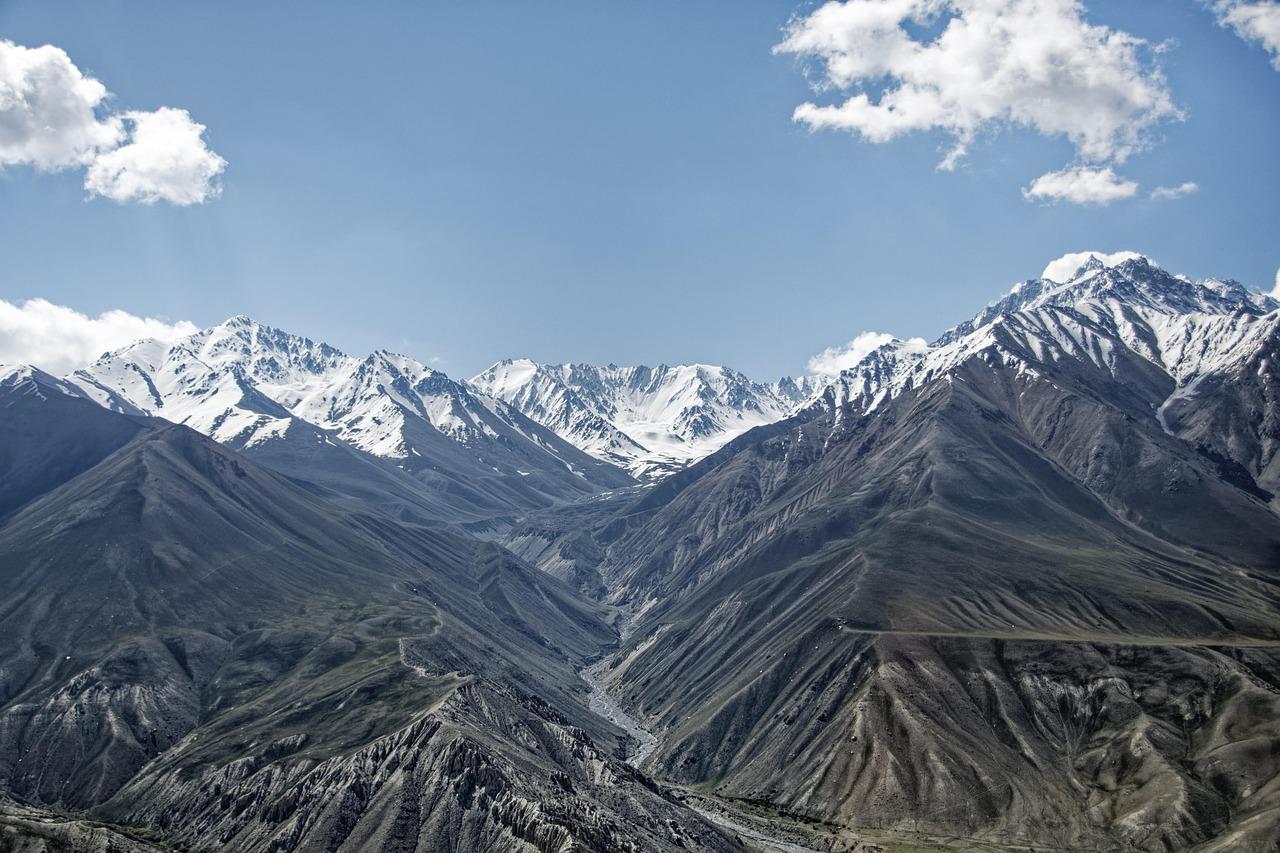
PAST EVENT – As the Glaciers Melt: Climate Change and the Shifting Security Landscape Between Afghanistan and its Neighbours

The Konrad Adenauer Foundation (KAS) and the European Institute for Asian Studies (EIAS) had the pleasure of inviting you to their Briefing Seminar: “As the Glaciers Melt: Climate Change and the Shifting Security Landscape Between Afghanistan and its Neighbours”. The event took place at EIAS (Rue de la Loi 26, 10th floor, B-1040 Brussels – Belgium) on Tuesday, 19 September 2023 from 10:00 to 12:00.
Date: Tuesday, 19 September 2023
Time: 10:00 AM – 12:00 PM
Registration: 09:30 AM – 10:00 AM
Venue: EIAS, Rue de la Loi 26, B-1040 Brussels
As the Glaciers Melt: Climate Change and the Shifting Security Landscape Between Afghanistan and its Neighbours
The European Commission’s recent Joint Communication “A new outlook on the climate and security nexus: Addressing the impact of climate change and environmental degradation on peace, security and defence” recognises climate change as a significant risk to international peace and security. It identifies resource scarcity as a potential instigator of conflict while emphasising transboundary cooperation on water as a tool for conflict prevention and peacebuilding.
Through this analysis, the Communication provides a framework to understand and address the climate change-security nexus in Afghanistan and the larger region. Positioned at the easternmost reach of the Hindu Kush – Himalayas, Afghanistan’s glaciers are a major part of the Asian water tower. Essential to the livelihoods, economies, and population needs of Iran, Pakistan, Turkmenistan and Uzbekistan, Afghanistan’s water supply plays a pivotal role in the region. However, Afghanistan’s vulnerability to climate change and limited water storage capacity make it susceptible to droughts, dry spells, and extreme weather events. In response, Afghanistan’s de facto authorities (DFA) have initiated a construction campaign to enhance water flow management and water storage. Achieving these objectives could significantly reduce Afghanistan’s climate change vulnerability and alleviate the poverty affecting its populace.
The potential implications of these actions are far-reaching. Large scale water storage capacity could arm Afghanistan with significant political leverage over its neighbours. As neighbouring countries are grappling with escalating climate change impacts, threatening their socio-economic stability, they fear that the DFA’s actions may stem from a desire to use water as a bargaining chip, igniting concerns of scarcity and possible conflict. Even if not used as a bargaining chip, the water loss for neighbouring countries would be significant and contribute further to already existing acidification crises in areas commonly used for agriculture and the cotton industry. With the exception of Iran, neighbouring countries have no bilateral (or regional) water sharing agreements with Afghanistan.
The international community has an articulated interest in upholding regional and international stability, curbing irregular migration, and mitigating radicalisation risks. Focusing on supporting exchanges among key stakeholders and supporting interventions aimed at easing resource scarcity, the international community can play a key role in defusing grassroots-level social tensions, thereby reducing the likelihood of large-scale conflicts. This Briefing Seminar, jointly organised by the Konrad Adenauer Foundation and the European Institute for Asian Studies focused on the impact of climate change and transboundary water management on Afghanistan and its neighbours and the role international actors can play in maintaining regional stability.
Programme
10:00 – 10:05 Opening by the Chair
- Lin Goethals, Director, European Institute for Asian Studies
10:05 – 10:10 Welcome Remarks
- Olaf Wientzek, Head of Konrad Adenauer Stiftung (KAS) Multinational Development Policy Dialogue
10:10 – 10:15 Opening Remarks
- Tomas Niklasson, EU Special Envoy for Afghanistan
10:15 – 10:20 Introductory Speech
- Ismatulla Irgashev, Special Representative of the President of Uzbekistan for Afghanistan (with consecutive translation)
10:20 – 11:20 Panel Discussion
- Martina Klimes, PhD. Advisor, Water Cooperation and Diplomacy Department, Stockholm International Water Institute
- Jamal Abdul Naser Shokory, Senior Researcher on Water and Climate Change, University of Lausanne, Switzerland
- Tomas Niklasson, EU Special Envoy for Afghanistan
11:20 – 12:00 Interactive Q&A discussion with the audience
Photo Credits: Pixabay
